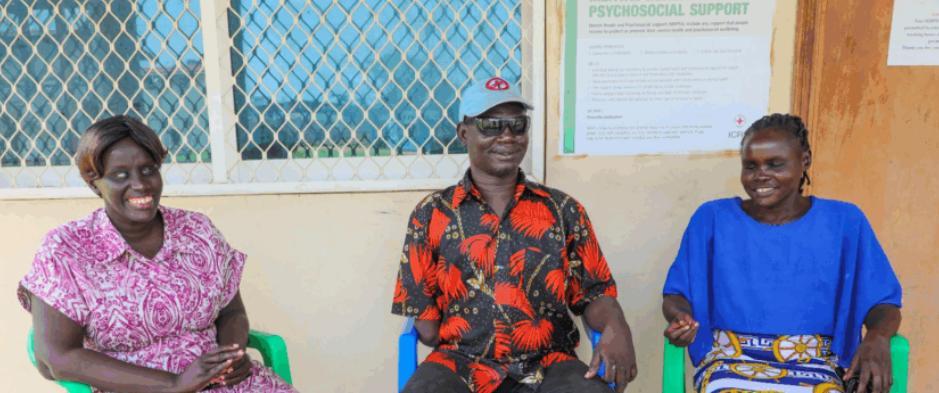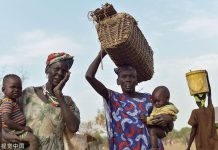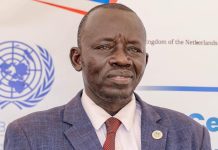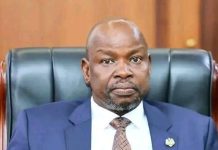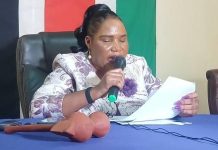Africa-Press – South-Sudan. While the rights of persons with disabilities (PWDs) are enshrined in international conventions, individuals in South Sudan continue to confront deep-seated misconceptions that hinder their full inclusion in society.
This feature story by Eye Radio highlights the challenges and expectations of PWDs, revealing that despite progress, many still struggle for basic rights and respect.
The feature story examines the prevalent misconceptions that label disability as a curse or equate physical impairment with a lack of intellectual ability.
These beliefs, rooted in cultural traditions, frequently result in social exclusion and discrimination.
Issa Khamis, the Deputy Director of the South Sudan Association for the Visually Impaired, emphasised that individuals with disabilities have the same fundamental human rights as everyone else, including access to education and healthcare, as well as the right to be recognised in society.
“Having a disability does not mean that you are not entitled to these rights,” he stated, adding that his association advocates for quality and inclusive opportunities for all.
Rebecca Thuom, Chairlady of the women’s group at the Association for the Visually Impaired, shared a personal story to illustrate the challenge.
She recounted how some family members believed her disability was a curse and opposed her education, thinking it was a waste of time.
“They wanted me to stay home until I reached a marriageable age and get married,” she said. Fortunately, her parents’ support allowed her to continue her studies and graduate.
Zakia Musa, a disability rights activist, stressed the importance of society looking beyond the physical and focusing on a person’s abilities and intellect.
“The society looks at the disability but not the ability,” she said. Musa explained that while visible disabilities might receive some attention, those with invisible impairments often go unrecognized.
She called on communities to “give them a chance” to prove what they are capable of.
The three activists, all of whom are visually impaired, shared a message of hope and expectation for a more inclusive society.
Thuom called for greater recognition and respect for PWDs, urging families and the government to see them as valuable members of the community who can play a big role in society.
Khamis called for a society that values and respects all people, regardless of their differences, and thanked Eye Radio for being a voice for those who cannot be heard.
Musa concluded by appealing to the government and NGOs to involve PWDs as implementers, not just beneficiaries, in projects.
“We need to be implementors so that our abilities can be seen, and this is what will enable us to have equal opportunities,” she said.
The feature underscores that while legal frameworks are essential, true change requires a multi-faceted approach, including continuous advocacy and a fundamental shift in societal attitudes to ensure that all persons with disabilities can enjoy their full rights and live with dignity.
For More News And Analysis About South-Sudan Follow Africa-Press

